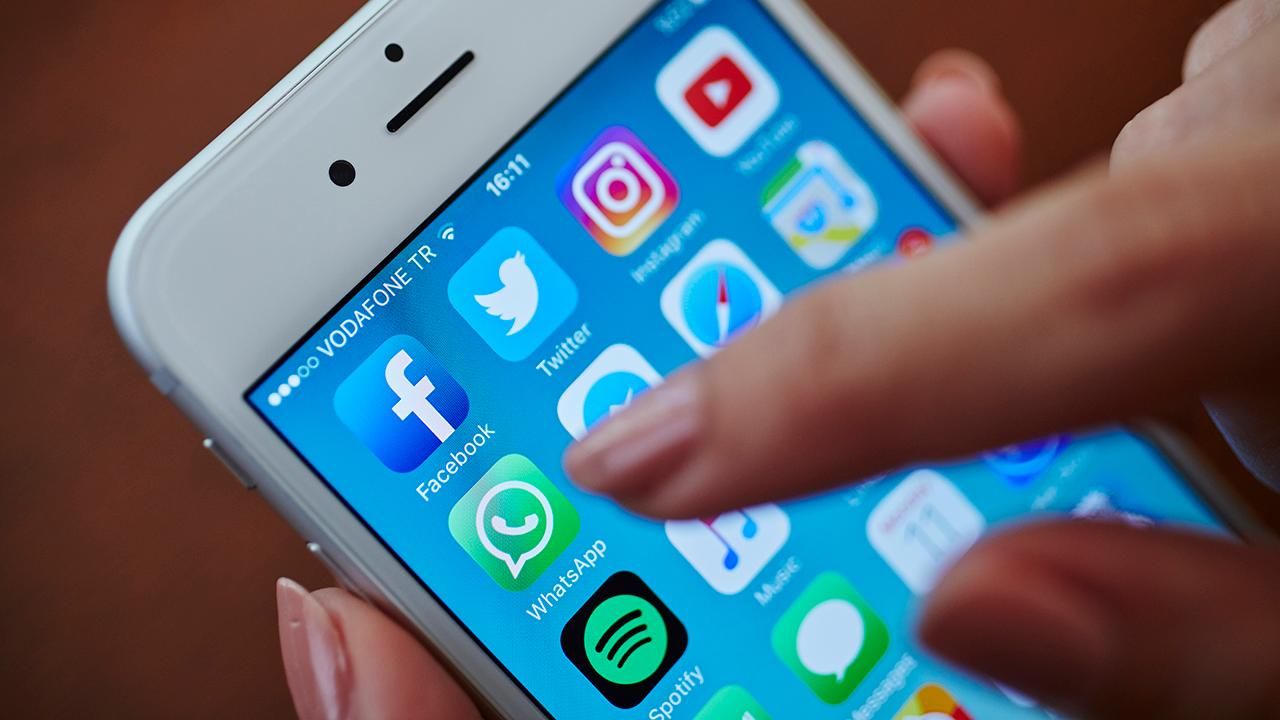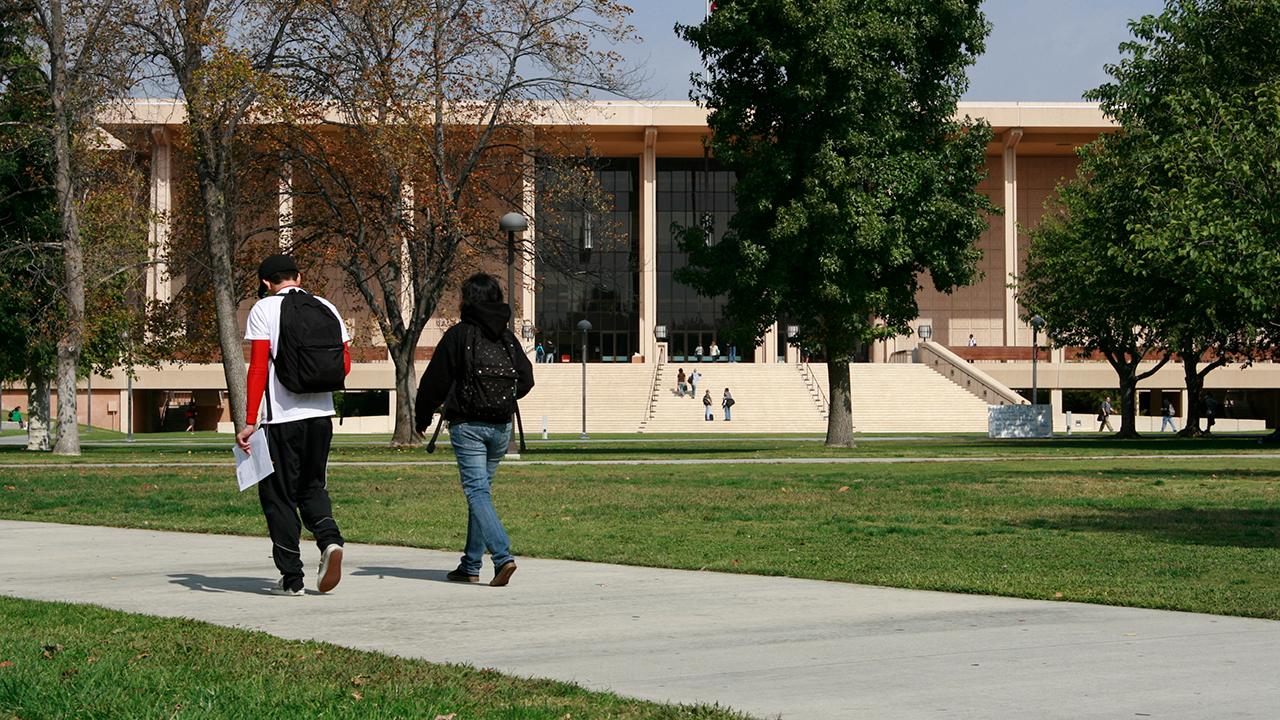Survey finds social media habits of Americans changing as national tensions rise
Many people have spent more time of social media, but others need a break
Americans are exhausted by this year of chaos caused by the new coronavirus, the pandemic's economic fallout and social unrest, and some people need a break from the flood of misinformation and the deluge of information posted to social media, according to a new study.
The new national survey of 2,000 people commissioned by The Ohio State University Wexner Medical Center said 56% say their social media habits have changed because of current events this year; 29% say their social media use has increased because of current events this year; 20% say they have taken breaks from social media because of current events this year.
CLICK HERE TO READ MORE ON FOX BUSINESS
“Stepping away and reconnecting with reality offline is an important step to take for your mental health,” said Ken Yeager, Ph.D., director of the Stress, Trauma and Resilience Program at Ohio State Wexner Medical Center. “Being constantly immersed in this stressful environment and being overexposed to contentious or traumatic events can make you feel like the world is a less safe place to be. And because these stressors have persisted over a long period of time, it’s wearing on people’s ability to cope with that stress.”
The internet, especially this year, has become the base of “cancel culture” that has created even more wedges in society.
In tweets, online letters, opinion pieces and books, conservatives, centrists and liberals continue to denounce what they call growing intolerance for opposing viewpoints and the needless ruining of lives and careers.
For some, “cancel culture” is the coming of the thought police. For others, it contains important chances to be heard that didn’t exist before.
GET FOX BUSINESS ON THE GO BY CLICKING HERE
All the extra stress is leaving many Americans with an inability to cope, which has led to increases of depression, anxiety, suicidal thoughts and actions, and substance abuse.
“Even though you can’t control what happens on social media, it’s important to recognize how it may affect you and take steps to limit your exposure,” added Yeager, who also is a member of Ohio State’s Neurological Institute.
The Associated Press contributed to this report.






















